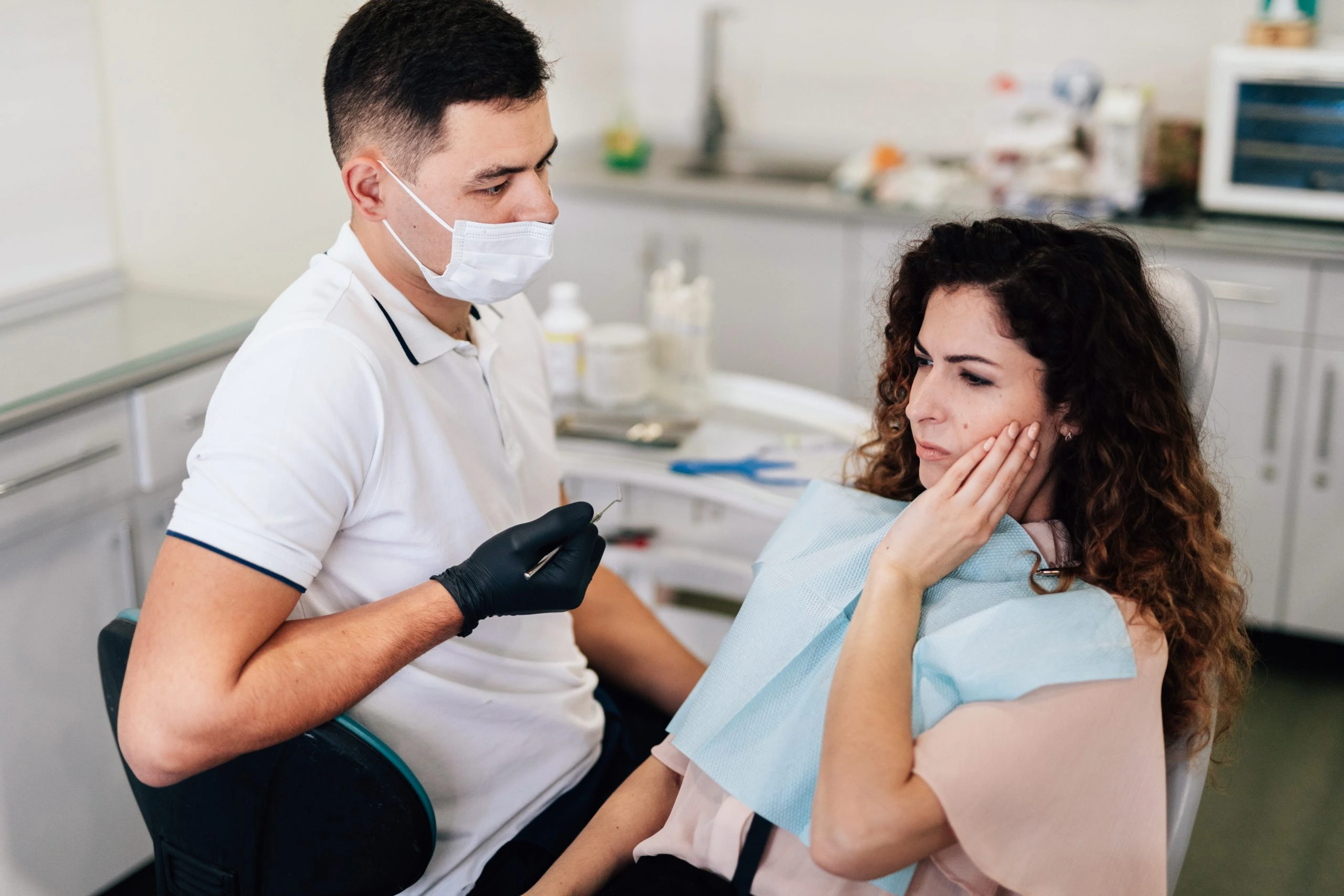 Teeth grinding, also known as bruxism, is a common dental condition that affects people of all ages. While occasional teeth grinding is normal, chronic, or severe grinding can have serious consequences for oral health and overall well-being. In this article, we’ll explore the causes, effects, and solutions for teeth grinding.
Causes of Teeth Grinding
Teeth grinding can be attributed to various factors, and pinpointing the exact cause can be challenging. Some common causes and contributing factors include:
Teeth grinding, also known as bruxism, is a common dental condition that affects people of all ages. While occasional teeth grinding is normal, chronic, or severe grinding can have serious consequences for oral health and overall well-being. In this article, we’ll explore the causes, effects, and solutions for teeth grinding.
Causes of Teeth Grinding
Teeth grinding can be attributed to various factors, and pinpointing the exact cause can be challenging. Some common causes and contributing factors include:
- Stress and Anxiety: Psychological factors like stress, anxiety, and tension often play a significant role in teeth grinding. Many people unconsciously clench their jaws and grind their teeth as a response to stress.
- Misaligned Teeth: Irregularities in the alignment of the upper and lower teeth can lead to grinding as the body attempts to find a comfortable bite position.
- Sleep Disorders: Conditions like sleep apnea, where breathing is repeatedly interrupted during sleep, can lead to bruxism.
- Medications and Substances: The use of certain medications and substances, such as antidepressants, amphetamines, or excessive caffeine and alcohol, may increase the likelihood of teeth grinding.
- Lifestyle Factors: Lifestyle habits like excessive consumption of caffeine or alcohol, smoking, and recreational drug use can exacerbate bruxism.
- Tooth Damage: Grinding exerts excessive pressure on teeth, leading to wear and tear. Over time, this can result in cracked, chipped, or fractured teeth.
- Jaw Pain and Temporomandibular Joint (TMJ) Disorders: The continuous clenching and grinding can strain the jaw muscles and lead to TMJ disorders, causing jaw pain, headaches, and difficulty in opening and closing the mouth.
- Tooth Sensitivity: Exposed dentin due to worn enamel can lead to increased tooth sensitivity to temperature and pressure.
- Disrupted Sleep: For individuals with nighttime bruxism, the noise of grinding can disrupt their sleep and that of their partners.
- Facial Pain: Bruxism can cause facial pain and discomfort, particularly in the jaw and surrounding muscles.
- Stress Management: Addressing stress and anxiety through techniques like meditation, yoga, or counselling can help reduce bruxism triggered by psychological factors.
- Dental Solutions: Dentists can provide custom-made mouthguards or splints that act as a barrier between the upper and lower teeth, preventing damage caused by grinding.
- Orthodontic Treatment: In cases where misaligned teeth are the root cause, orthodontic treatment such as braces, or clear aligners may be recommended.
- Medications: In some situations, medications like muscle relaxants or botulinum toxin injections can help relax jaw muscles and reduce grinding.
- Lifestyle Adjustments: Reducing or eliminating the consumption of caffeine, alcohol, and other substances that exacerbate bruxism can be beneficial.
- Sleep Hygiene: Improving sleep quality through good sleep practices can help manage teeth grinding associated with sleep disorders.
Recent Post
-
What Scares Dentists Most: The Real Halloween Horror Stories Told by Your Burpengary Dentist
-
Father’s Day: The Gift of a Healthy Smile - Your Local Burpengary Dentist Tells All!
-
Burpengary Dentist - The Controversy and Legacy of Dental Amalgam Fillings
-
How does breast feeding affect oral health? - Your Local Burpengary Dentist Explains
-
Understanding Teeth Grinding: Causes, Effects, and Solutions - Burpengary Dentist Explains



